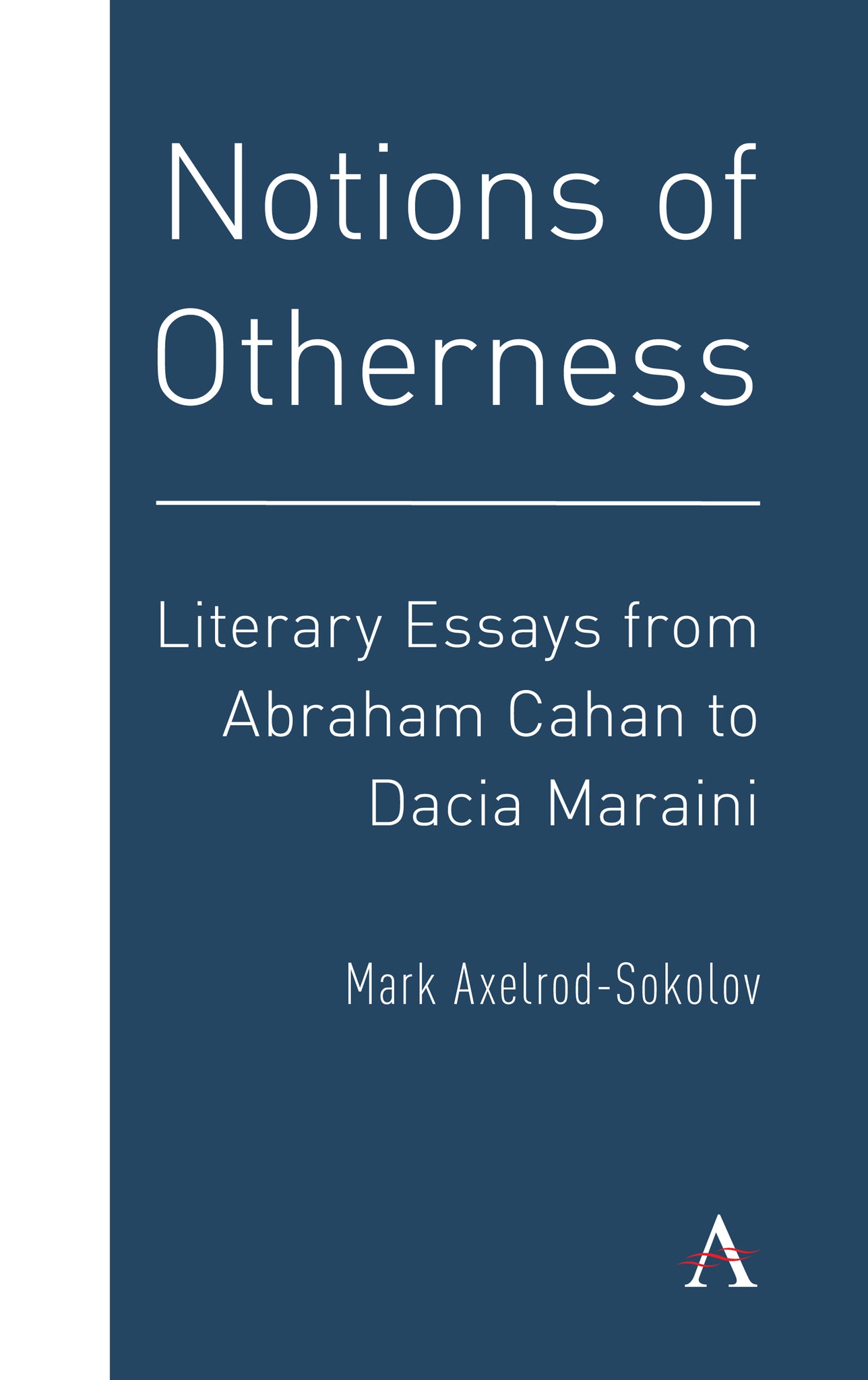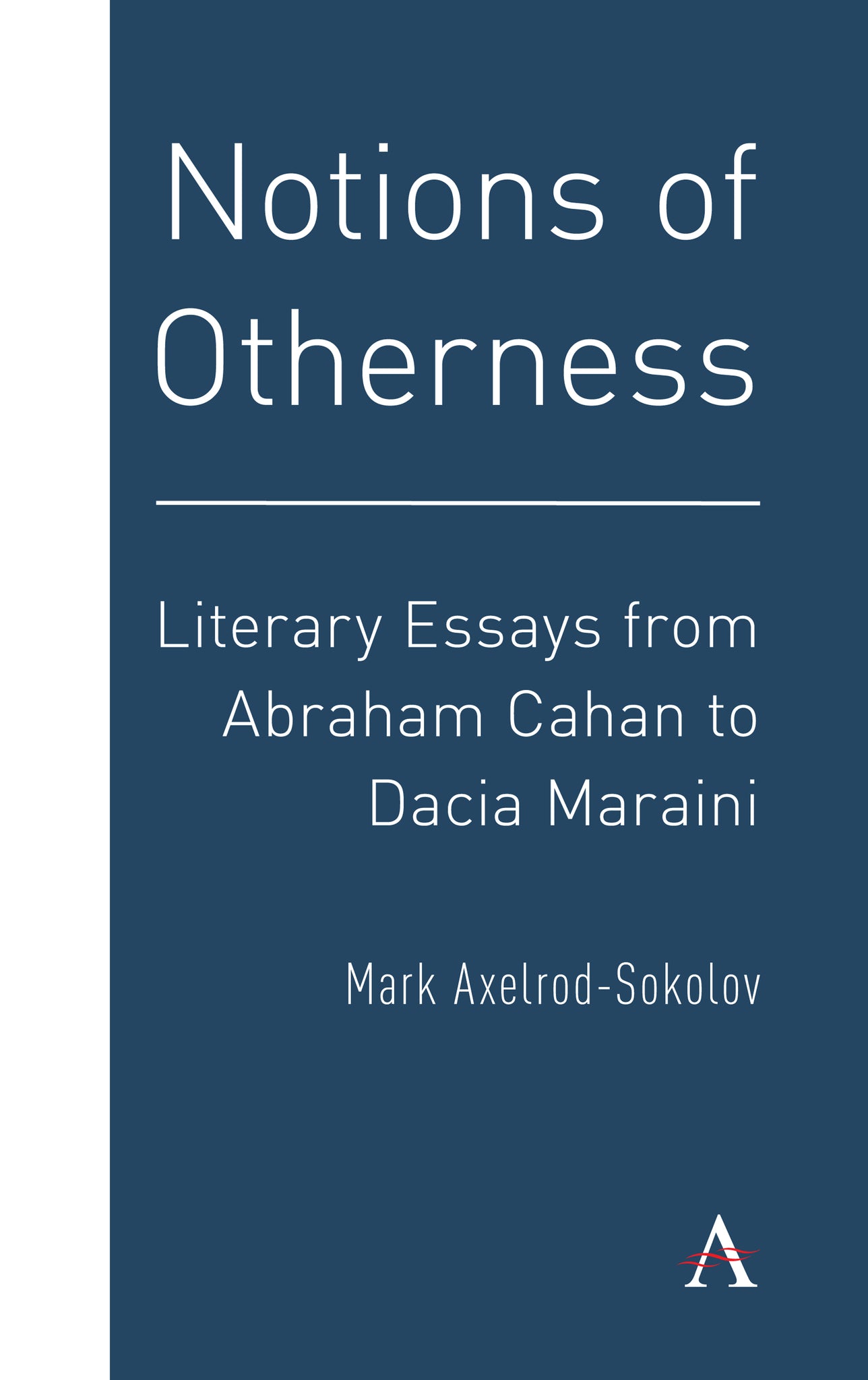We're sorry. An error has occurred
Please cancel or retry.
Notions of Otherness

Some error occured while loading the Quick View. Please close the Quick View and try reloading the page.
Couldn't load pickup availability
- Format:
-
30 April 2019

One can approach the notion of otherness or alterity in various ways: politically, aesthetically, ethically, culturally, religiously and sexually. Writing in Saylor.org, Lilia Melani defined the other as an individual who is perceived by the group as not belonging, as being different in some fundamental way. Any stranger becomes the Other. The Other in a society may have few or no legal rights, may be characterized as less intelligent or as immoral, and may even be regarded as sub-human. The collection of essays ‘Notions of Otherness’ addresses many of these approaches as ways of interrogating how varied yet how similar they are in relation to the individual literary texts.

LITERARY CRITICISM / General, LITERARY CRITICISM / Comparative Literature

Introduction; 1. Acculturation, Otherness and the Loss of Jewish Identity in Abraham Cahan’s ‘The Rise of David Levinsky’; 2. Aesthetic Otherness in Woolf’s ‘Mark on the Wall’, ‘Kew Gardens’ and ‘Lappin and Lappinova’; 3. The Prose of Otherness in Bruno Schulz’s ‘Street of Crocodiles’; 4. D. H. Lawrence and ‘Ranamin’: Otherness and Visions of a Fascist American Utopia; 5. The Aesthetics of Otherness in Nathalie Sarraute’s ‘Tropisms’, ‘The Square’, ‘The Lover’ and ‘Hiroshima, Mon Amour’: Fiction, Film and Duras’s Notion of the Other; 6. Otherness and Sexual Alterity in Monique Wittig’s ‘Les Guérillères’; 7. Mystery, Authority and the Patriarchal Voice in Dacia Maraini’s ‘Voices’; Index.



